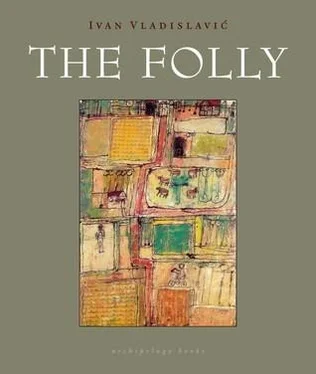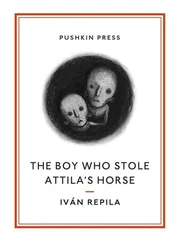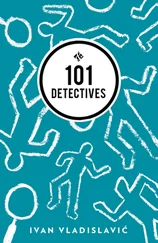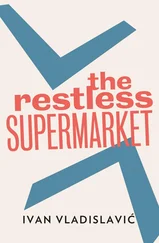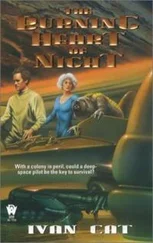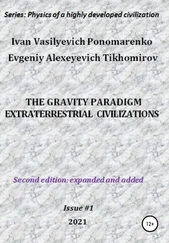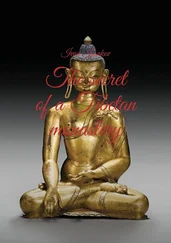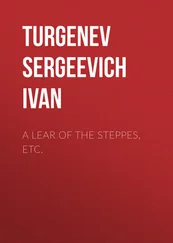“We have to be realistic about this,” Mrs said to Mr on a Friday evening when the conversation turned inevitably to Nieuwenhuizen. “We have to act like responsible adults and stop thinking about ourselves alone. He’s dangerous. Ask yourself: Where does he go? Does he dig a hole and squat over it like a dog?”
“A cat,” said Mr irritably.
“I’m talking about the principle. Where does he get his water from?
He’s got a drumful there, for washing and cooking and all his household needs. Probably siphons it out of our pool in the dead of night, when normal people are sleeping.”
“We could offer to supply him with a drop of water. We’ve got plenty. I could run a hose over to his place easily enough.”
“What does he eat? What’s cooking in that two-legged pot of his? Four-legged chickens? Pigeons? Cockatoos and budgerigars?”
“There’s another neighbourly thing we could do — if you didn’t dislike him so: we could give him a square meal from time to time.”
“Where does he get his money? He’s got money, surely?”
“Sigh!”
“How many times must I ask you not to say that? You know how much it annoys me!”
“It’s just an expression.”
“Why can’t you sigh like everybody else? How would you like it if I said ‘Laugh’ all the time instead of laughing?”
Mr thought about that as he slipped out into the garden. Only the night before he had chanced upon a picturesque view of Nieuwenhuizen’s camp, framed between two spokes of a wagon-wheel, and he was anxious to recapture it; with luck he would pick up a wholesome aroma and a snatch of some melody or other. A welcome breeze stirred a ripple of applause in the shrubbery. He smelt chlorine, creosote and mint. The swimming-pool’s Kreepy Krauly was silent, asleep in the depths below the diving-board, but the water echoed the slapping of his sandals against the soles of his feet as he made his way to the side of the house, along a Slasto pathway he had laid himself.
Mash through strainer da-da-da. Return pulp to stove, bring back to boil and simmer for 30 mins. Add seasoning.
Mrs Malgas shook Mixed Herbs into her palm and tipped them into the pot. She pinched salt and pepper, she dashed Tabasco, she squeezed lemon. She stirred and tasted. Bland. She spiked the mixture with a handful of cloves as piquant as upholstery tacks.
As the days had passed Mr Malgas had developed a conviction, which his wife was well aware of although he had not chosen to share it with her, that he was connected in some important way to Nieuwenhuizen — “Father,” as he named him to himself with difficulty. They had not spoken since their first meeting, which Mr Malgas rehearsed constantly in his mind, but when he left for work in the mornings and when he returned home in the evenings he would give a few cheerful blasts on his hooter and Nieuwenhuizen would invariably pop-up somewhere on the plot and respond with a wave. Such simple reciprocal gestures struck Mr Malgas as a form of co-operation with his new neighbour, foreshadowing a more meaningful relationship, which presented itself as a series of words all starting with “c,” each one a node on a scale of intimacy: collaboration, coexistence, collusion.
Yet the distance which now prevailed between them, a distance familiarity was bound to bridge, seemed necessary, even desirable. Concealed behind his ambiguous wall on this unprepossessing evening, with the breeze bearing the woody tang of the great outdoors to his nostrils, Mr Malgas was shaken by a thrill of suppressed excitement the likes of which he had not experienced since he was a boy playing hide-and-seek.
Nieuwenhuizen’s head quivered, as if Mr Malgas’s greedy gaze had joggled it, and seemed about to swivel in his direction.
But a bowl of brazen light dropped suddenly over Mr as he knelt in the shadow of the wall. Mrs had slammed the curtains open like two sheets of metal and stood in the garish window-frame brandishing a serving-spoon and looking down on him disdainfully.
“You’re making a fool of us,” she said while he was dusting the sand off his knees on the back step. “He pitches up out of nowhere and you, of all people, welcome him with open arms. You should be ashamed of yourself. We don’t have a clue who he is. He has no history. Are you listening to me? We don’t even know his name.”
“We know that,” said Mr, brushing past her and sagging down at the kitchen table. He watched her mangy slippers twitching impatiently. “He told me, when I was over there last week. Why don’t you dish, it’s getting cold.”
“You didn’t say anything.”
“I was going to.”
“Well?”
“It’s ‘Father’.”
“Father?”
One thing leads to another. Nieuwenhuizen, rolling on the ground, yelping in agony, clasping his left hand between his knees, cursing himself, landed up in the remains of the cooking-fire. Just moments before, he had brought his hammer down on his thumb-nail. That opposable pain was forgotten now as he tossed and turned to shake off the clinging coals. The hair on his head crackled, budded into flame, bloomed — but he crushed the petals with an oily chamois. When the crisis was over he composed himself once again in front of his tent, sucking his thumb and nursing his blistered elbow, and through his tears, which were two parts pain and one part embarrassment, saw Malgas on the horizon.
Mr Malgas found the approach to the camp more welcoming this time: a teetering fence-post, emitting a tang of fresh creosote and surmounted by a scuffed cement shoe with a little stable-door, two sash-windows and a slot in its toe-cap, marked the beginning of a path through the veld, and he took it gratefully. Several twists and turns dictated by the geography brought him to an anthill, where he rested and enjoyed the prospect. Then he went on, in two minds about whether to announce his arrival.
Nieuwenhuizen saw Malgas coming down the path fending off spider’s webs with his hands and hacking away at lianas with a rusty panga, and in the event it was he who called out a greeting. “Malgas!”
Nieuwenhuizen was sitting in the mouth of his tent, on the untidy pile of his own long legs, busy with some handiwork concealed in his lap.
“Hello Father!” Malgas was pleased at how naturally the name flew from his lips. If Nieuwenhuizen was also pleased he did not show it, but merely waved a pair of pliers in the direction of a stone and went on with his work.
“This is coming along nicely,” said Malgas, turning in an appreciative circle. “Mind if I look around?”
Taking a shrug as permission, Mr Malgas made a tour of the camp and its environs, allowing the rudimentary footpaths that had appeared with time to guide his steps. He took a childlike delight in the signs he found everywhere that the plot had become lived in, that the newcomer had made himself at home. “A dwelling-place carved out of the veld,” Malgas thought happily, examining the bare, compacted soil around the hearth. A soothing smell rising up from below notified him that the earth had been sprinkled with water to settle the dust.
“Where the hell is my hammer?” Nieuwenhuizen asked himself.
Malgas hunted obligingly for a hammer at the foot of the tree, and discovered instead a pile of firewood and fence-posts, which he took to be the raw materials of fortifications that had yet to be constructed; next to that was a leather portmanteau, sturdily made but a little the worse for wear, probably imitation, plastered with name-tags, illegible, every one of them, and stickers — exotic destinations: Bordeaux, Florida, Eldorado Park — and spilling various items of clothing; then a metal drum, lipping with green water, and a tin ladle displaying in its bowl the label of a popular soft drink. On an impulse he scooped a ladleful of water and poured it over his head, and although there was a nip in the air and he was required to suppress the lip-smacking, hair-tossing display of pleasure he associated with the gesture, he nevertheless felt invigorated.
Читать дальше
